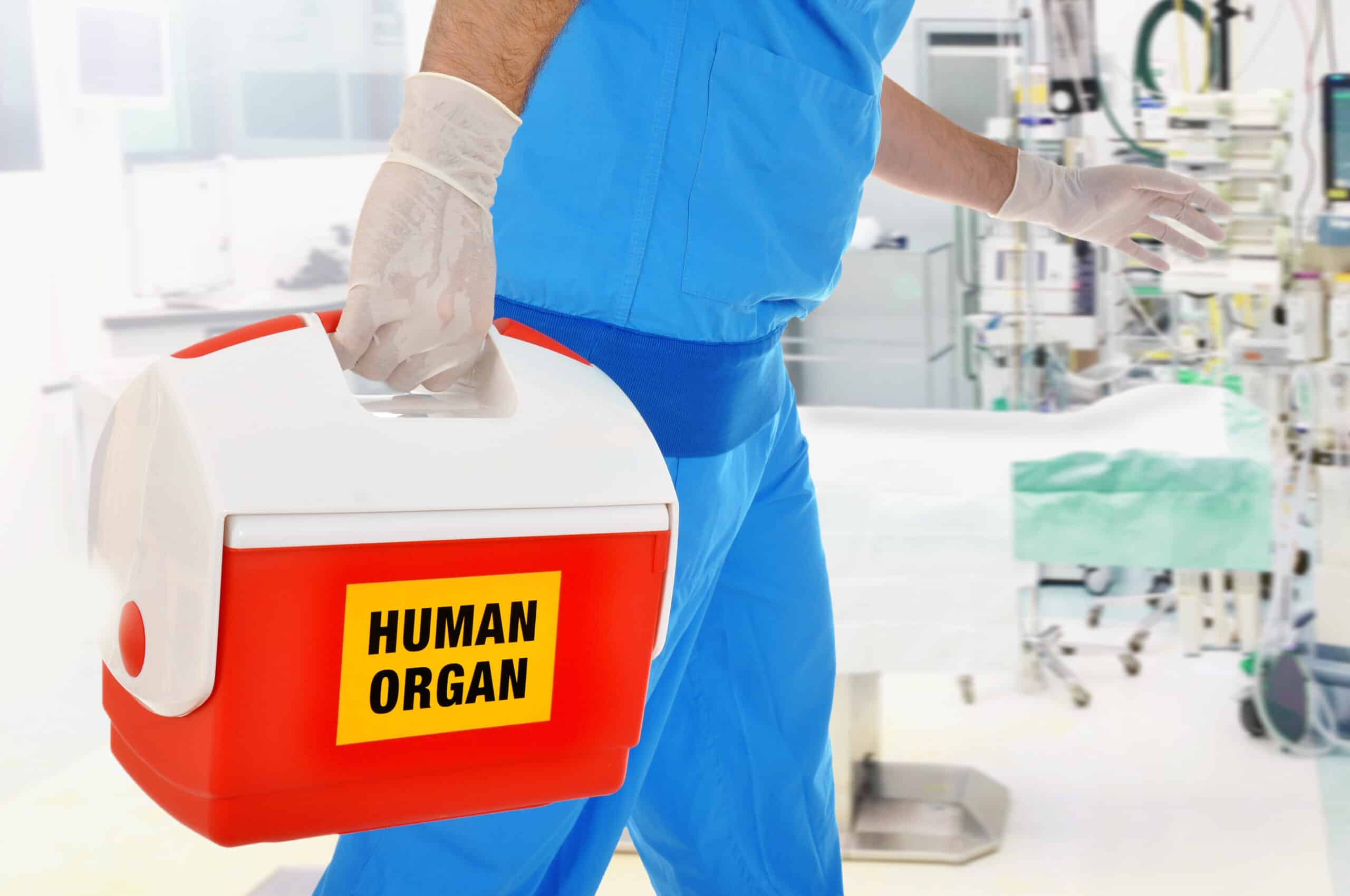Since 2016 The Trillium Gift of Life Network has been at the forefront of this donation program since assisted suicide was legalized, the group reaches out to patients only after they have been approved for medically assisted suicide in order to match their organs with transplant patients desperately waiting on the long life saving list, which is at any given time at least 1,600 patients, according to the paper.
While laws dictate that organs can only be harvested from donors if they die in a hospital, Dr. Moira McQueen of the Canadian Catholic Bioethics Institute says that there is a compromise situation in which donors can be given the first set of lethal injections in the comfort of their own homes, and then be taken to the hospital after those injections to receive the final set.
“At that point, having lost consciousness at home as they wished, the donor could then be shuttled to the hospital where the final lethal injection would kill him and his organs would be harvested,” writes Jonathon Van Maren for LifeSiteNews.
The province of Quebec is looking into amending their assisted suicide law that requires natural death to be reasonably foreseeable as a qualifying restriction to expand eligibility criteria for assisted suicide; this means that a person has to be at the end of life in order and/or have certain requirements to meet in order to to legally kill himself with the help of a physician.
Currently the province permits Medical Assistance in Dying for those that are terminally ill adult residents who have an incurable disease and are experiencing great suffering, face imminent death, and give informed consent. MAiD was passed in 2014 taking effect in 2015 in Quebec before becoming federally legal in 2016, and between 2015-2018 in Quebec 1,664 people were euthanized according to Health Canada.
A panel of experts are looking into expansion of the criteria to allow medically assisted death of those with Alzheimer’s disease and other degenerative conditions. It may also be possible to expand the criteria for those not apt to make the decision to a third person who is charged with following through on the wishes of the dying person.
According to Health Canada the current eligibility criteria requires that one must “have a grievous and irremediable medical condition” and “give informed consent to receive medical assistance in dying” and “you must be mentally competent and capable of making decisions” both “at the time of your request” and “immediately before medical assistance in dying is provided.” There are also safeguards that those requiring the procedure “are able to make healthcare decisions for themselves” and “request the service of their own free will”.
As far as organ donations go the organizations says, “The decision to pursue MAiD is totally separate from the decision to donate organs,” cautions Ronnie Gavsie, Trillium’s chief executive officer, “but we do want patients to have their last will carried out.”
“And, as part of high-quality end-of life care, we make sure that all patients and families are provided with the information they need and the opportunity to make a decision on whether they wish to make a donation,” Gavsie says. “That just follows the logical protocol under the law and the humane approach for those who are undergoing medical assistance in dying. And it’s the right thing to do for those on the waitlist.”
In other nations such as Belgium and the Netherlands where assisted suicide is also permitted organ donations are also only allowed at the patient’s initiation. In Switzerland, and in the American states of Oregon, Washington, Vermont, and Montana where assisted suicide is also legal subsequent organ donation is not permitted. Quebec initially only allowed patient initiated donations, but now they allow Transplant Quebec to initiate the donation discussion with patients after they have been accepted for MAiD.
Not all MAiD patients will be acceptable donors such as those with cancer who account for 57% of the MAiD death in Canada. Additionally organ donor death must occur within a hospital to stay within current laws.
“The striking thing about patients who have medical assistance in dying is that they have a very clear vision about what they want, and they have the capacity to make their own decisions. We want people to hear about the opportunities they have and then make the right choice for them. There are several patients we’ve spoken to who had initially planned to die at home, but that wasn’t as important to them as helping other people.”
“With MAiD, it’s very different,” Dr. Sam Shemie, Canadian Blood Services’ medical adviser for deceased donations says. “These patients have terrible diseases like amyotrophic lateral sclerosis or multiple sclerosis, but they are conscious and competent, meaning they are able to make decisions on their own behalf as part of their own autonomy.”
“From a national lens, we said, ‘Boy, to mix organ donation into this is just volatile. We really should stay away from it,’” he recalls. “But the problem was that patients were asking for it. And so we said that, if that’s what patients want, if that’s what they’re asking for, particularly in the situation where they’re making independent, autonomous decisions about their own future, then we need to provide guidance to the community about how to do this properly: medically, legally, ethically. Not only are they dying with dignity and at a time of their choice, but they’re leaving a legacy.”




